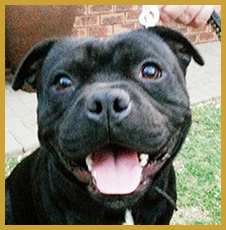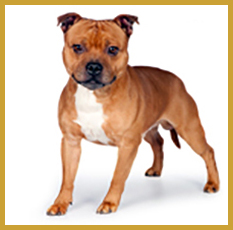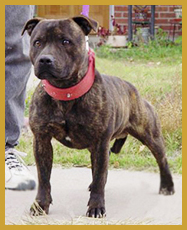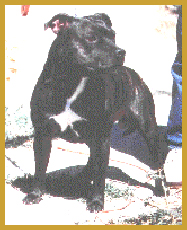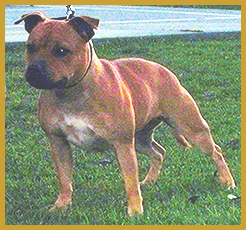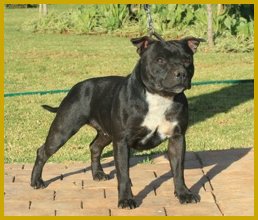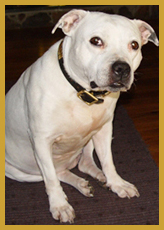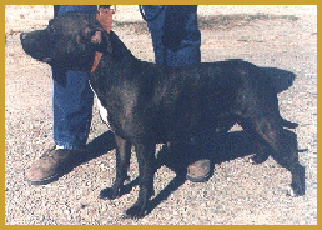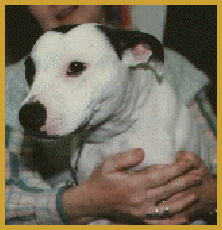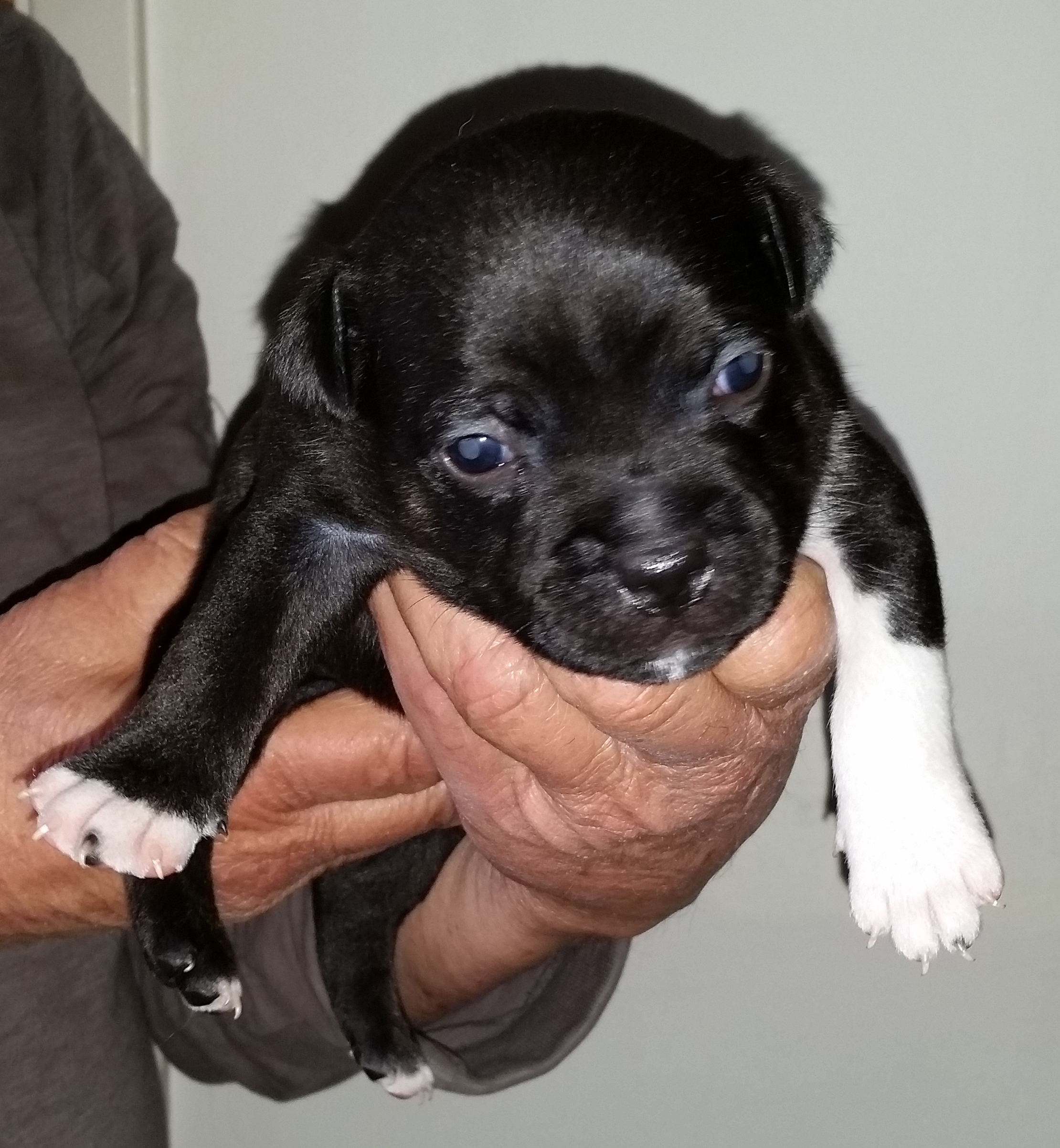Breed Specific Legislation
Breed Specific Legislation
by Paul Skelton
My problem with breed specific legislation is that we are punishing certain breeds or classifications of dogs and their owners for behavior that we ignore in others. While it is true that a few of the game dog breeds have done an astonishing amount of damage when they do bite, statistically very few have ever bitten a person. Punishing the Pit Bull or Staffordshire Bull Terrier or American Staffordshire Terrier and their owners for doing more damage than a Poodle is like banning all sledgehammers for one bent tack. The sledgehammer did more damage than a tack hammer, but it was in the hands of an idiot who didn't use it for its intended purpose.
We find it horrifying when a person is maimed or killed by a dog, especially when the person is a child. However we rationalize our reaction to the incident, we must remain rational enough to place the responsibility for the tragedy directly on the people involved, not on the animal itself.
To legislate or ban all items or creatures having the potential for mauling or killing people would include everything from automobiles, guns, and planes to lions, tigers, and bears. Oh my, there go my Martinis and Marlboros as well!
The circumstances that make a dog bite a person vary with the situation, training, and/or environment which the dog encounters or lives in. This stark fact remains: all breeds and varieties of dogs can, will, and do bite. Some breeds are more prone to bite people than others, and some are more likely to do serious damage when a bite occurs.
Breed specific legislation addresses only dogs that fall into the latter category and fails to address the vast majority of dog bite cases. Statistically, people are bitten more frequently by small dogs than by large ones, but incidents never reach the media because of the small amount of damage. No legislature is drafting laws to ban the ownership of Chihuahuas.
The problem lies with the people breeding, owning, or training dogs for purposes for which were not intended. Pit Bulls and their kin were designed and bred to fight each other, not people. Due to the tenacity and physicality of the Bull and Terrier breeds, people have decided to make them one of the primary representations of a bad dog. People use the dog to compensate for their own insecurity and to promote a macho image. These people and their dogs should be avoided. Unfortunately, many "backyard breeders" are willing to breed "mean dog A" to "bad dog B" and promote the dogs in the local paper. We have all seen the ads for these dogs, Pit Bull, Stafford, or AmStaffs:
Great litter from Champion blood lines, Bred for Pet, Show, Protection. Great Guard Dogs $xxx.xx Call xxxxxxxx
The wise buyer avoids these dogs at all costs. Those who want protection should get a breed specializing in the purpose. Most of the working breeds are more readily trained for protection work than the pit breeds. While some may consider the large head and broad jaws of the Stafford intimidating, the Belgian Malanois or German Shepherd with their sleek heads and high bellies are much more likely to attack the boogie man that you fear than a game-bred Bull and Terrier. The normal response from a game Bull and Terrier, unless its people are threatened, would be to bring out all the toys for a good game of kill the tennis ball, not bite the burglar. If, however, the burglar brings his big tough scary Rottweiler with him, his dog will more than likely go home looking like he played with the wrong end of a running chainsaw.
Any Bull and Terrier breed that threatens, attacks, bites, or even shows aggression toward a person other than in defense of its own people should be neutered at the very least or, preferably, should be destroyed. The danger in owning or being in contact with such animal cannot be over emphasized. If, however, a Teacup Poodle exhibits the same behavior it should receive the same treatment. Although it may not do as much damage, it and its owner are just as liable.
Paul Skelton
